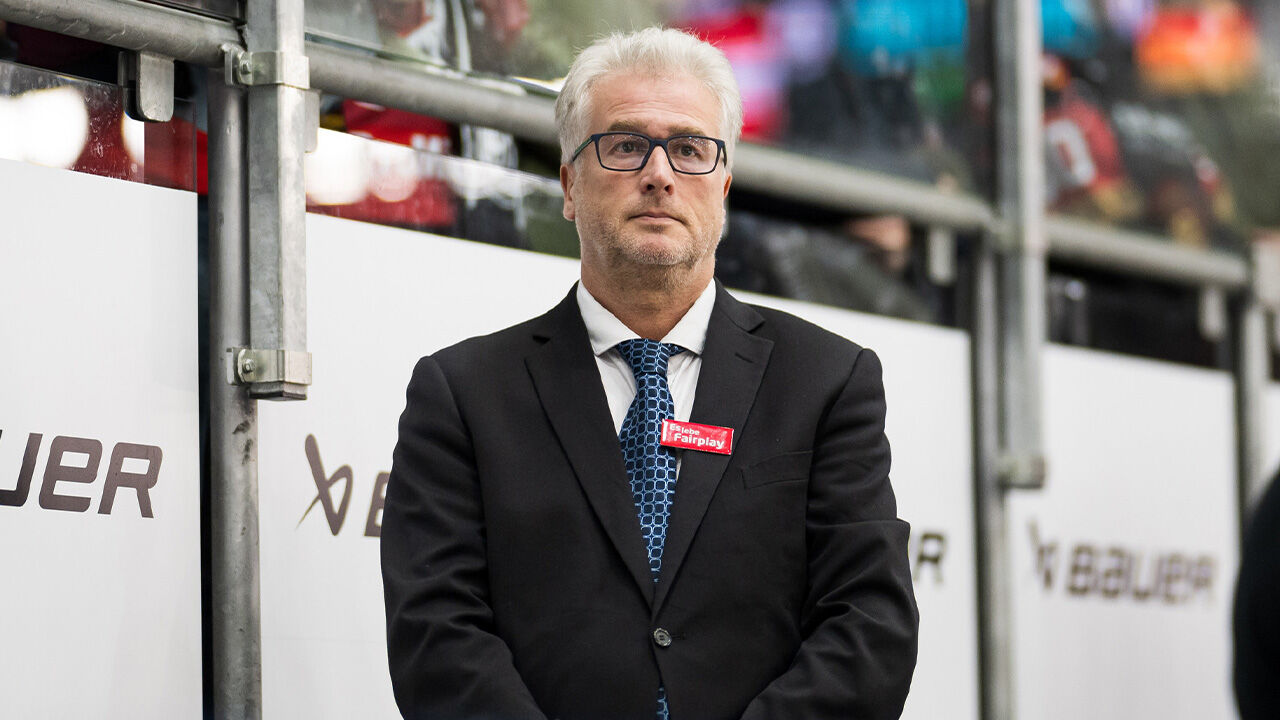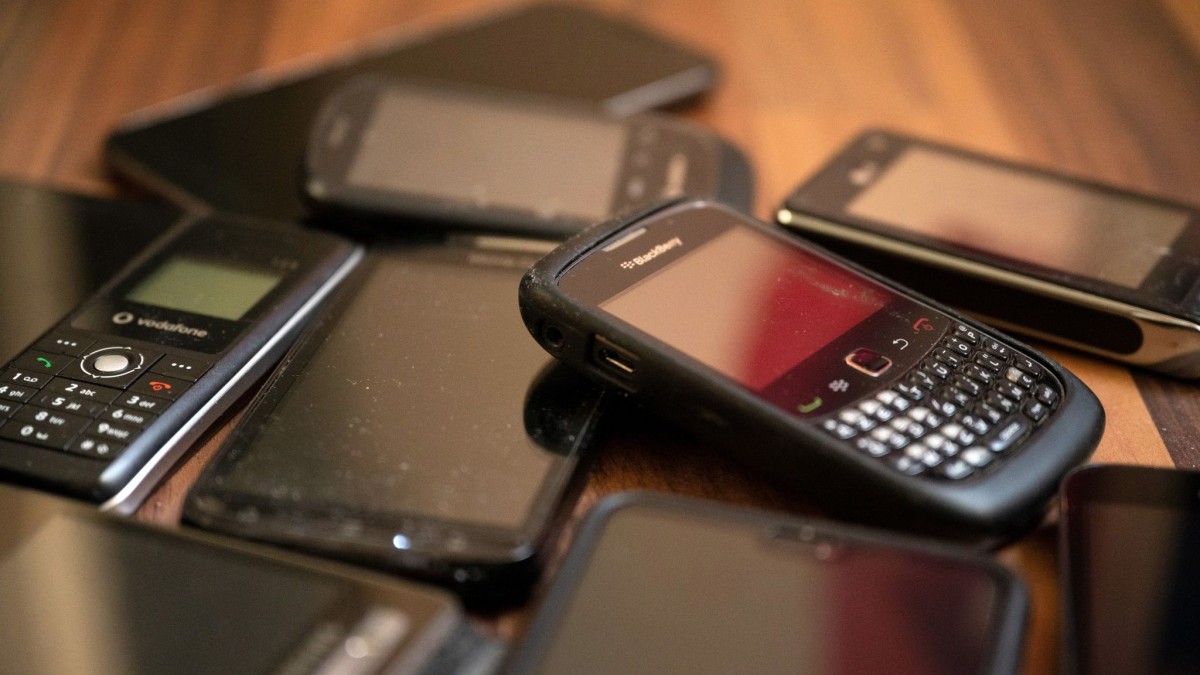BRUSSELS/GENEVA (dpa) – According to estimates, about 5.3 billion of about 16 billion mobile phones worldwide will become waste this year. This is what experts pointed out on e-waste day on October 14. Only a small portion of it is disposed of properly, the WEEE Forum of the Electronic Scrap Recycling Association in Brussels and the United Nations Institute for Training and Research (UNITAR) in Geneva said on Thursday. If the discarded devices, which are about nine millimeters thick, were placed on top of each other, the height of the tower would be about 50,000 kilometers.
According to a survey conducted by the WEEE Forum in cooperation with UNITAR, an average of 13 electrical and electronic devices are stored in European homes, even though they are no longer used or faulty. 8,775 households were included in Portugal, the Netherlands, Italy, Romania, and Slovenia, as well as in Great Britain. In all, there are an average of 74 electrical and electronic devices in every home, such as phones, tablets, laptops, power tools, hair dryers, and toasters.
It is better to stack it
Of these 74 devices, on average, 9 are no longer used and 4 have defects. Thirteen small electrical appliances per home could be recycled—instead, they often stayed in the drawer, on the shelf, or in the garage. Small consumer electronics and accessories (headphones, remote controls), small household appliances (watches, irons), small IT devices (external hard drives, routers, keyboards, mice), mobile phones, smartphones, appliances Small food prep (toasters, grills) are frequently the most compact).
As a reason to keep, 46 percent of survey respondents stated that they could use the device again in the future. Other reasons include intent to sell or give away the device (15 percent), sentimental value (13 percent), and not knowing how to dispose of it (7 percent). Justifications also included the presence of sensitive data on the devices and no incentive to recycle. “People tend not to realize that all these seemingly insignificant elements are of great value and together represent huge amounts on a global scale,” said Pascal Leroy, WEEE Forum General Manager.
Heavier than the Great Pyramid of Giza
“In 2022 alone, small electronic items such as cell phones, electric toothbrushes, toasters and cameras manufactured worldwide are estimated to weigh a total of 24.5 million tons — four times the weight of the Great Pyramid of Giza,” explained Magdalena Charitanovic of WEEE. forum. The International Federation is pressing ahead with the development of a circular economy for e-waste and is calling on global politicians to implement extended producer responsibility. Subject to this legal requirement, the device manufacturer is also responsible for returning, moving, disposing or recycling the device.
E-Waste Day aims to raise public awareness of the recycling of electrical and electronic devices that contain valuable items such as gold, copper, silver or palladium. This year’s slogan is: “Recycle everything, no matter how small!” (Loosely translated: “No matter how small, recycling is a must!”). Regulators want to focus on the many smaller electronic devices found in European homes.
“The continued growth in production, consumption and disposal of electronic devices has enormous environmental and climate impacts,” said Virginius Sinkevichos, European Commissioner for the Environment and Oceans. Therefore the proposals and measures of the European Commission concern the entire life cycle of the product, from design to collection and appropriate treatment of waste.
© dpa-infocom, dpa: 221013-99-111300 / 4

“Alcohol buff. Troublemaker. Introvert. Student. Social media lover. Web ninja. Bacon fan. Reader.”






More Stories
Animals: They feel that this has consequences for the handling and conservation of animals
Why is a rooster crowing viewed as a noise nuisance?
Strange pattern in inorganic compounds